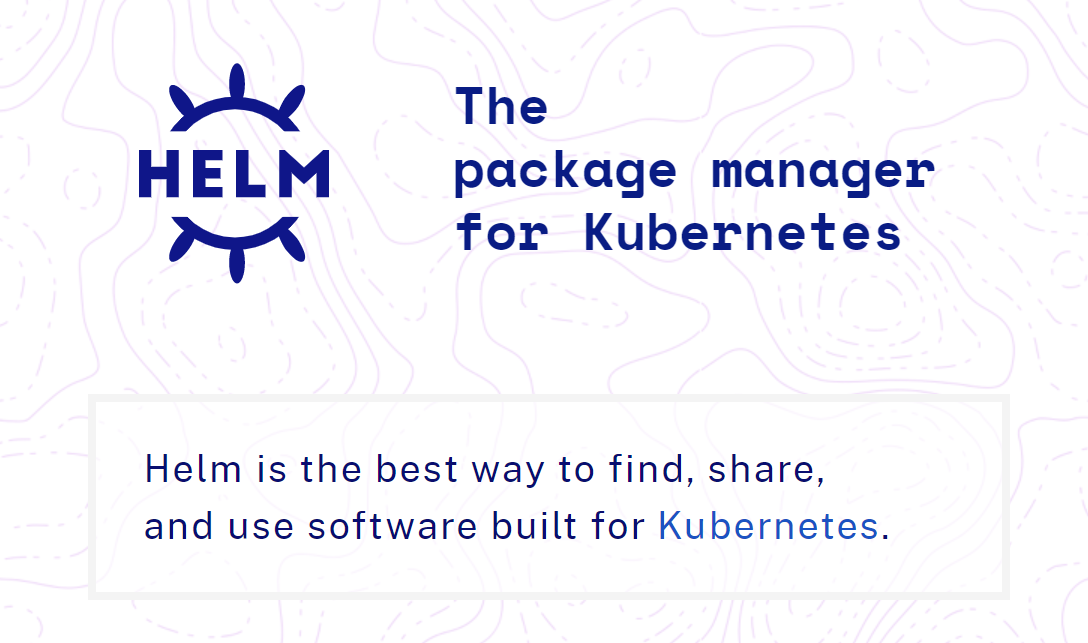 CLOUD
CLOUD
 CLOUD
CLOUD
 CLOUD
CLOUD
The Helm application package manager for Kubernetes today became the latest Cloud Native Computing Foundation project to achieve graduation status.
It’s an important milestone that demonstrates not only thriving adoption, but also a strong commitment to community, sustainability and inclusivity, the CNCF said.
The CNCF is a Linux Foundation project that was founded in 2015 to help advance Kubernetes and other container technologies, and align the technology industry around its evolution. Kubernetes is open-source software that’s used to manage and orchestrate large clusters of software containers, which are used to host the components of modern applications that can run on any kind of computing platform.
Helm has emerged as an important part of the Kubernetes ecosystem. The CNCF describes it as a “package manager,” similar to yum or apt-get, which organizes Kubernetes objects into packaged applications called “charts,” that can then be deployed more easily.
In a nutshell, Helm makes it easy to package, configure and deploy applications onto Kubernetes clusters. It also maintains a historical record of releases and deployments, in case organizations need to roll back a change.
Project Helm was created in 2015 by a company called Deis, which was later acquired by Microsoft Corp. In 2018, Helm became a CNCF incubation project, helping to raise its profile to the extent that it’s now widely used by a number of big technology firms, including AT&T Inc., Microsoft Corp., VMware Inc. and others.
“When we set out to build Helm, we had two goals in mind,” said Matt Butcher, a principal software development engineer at Microsoft Corp. and a Helm maintainer. “First, make it easy for Kubernetes newcomers to get started deploying cloud native applications. Second, provide a package manager that can scale with enterprise needs.”
The Helm Hub, which is a centralized repository for Helm charts, was launched in 2018. It now sees hundreds of millions of downloads per month, the CNCF said.
Late last year, the Helm team released Helm 3, which builds upon the Helm 2 workflow, changing the underlying infrastructure to reflect the needs of the community as it changes and evolves. Then in 2019, the CNCF funded an open-source, third party security audit of Helm 3, which concluded that Helm is “recommended for public deployment,” and does not pose any significant security risks.
“Because of its close ties to the Kubernetes community, Helm has been involved with CNCF since the foundation was created,” said Chris Aniszczyk, chief technology officer and chief operating officer of the CNCF. “The project has proven to be incredibly popular with end users by lowering the barrier of entry to install and manage software in Kubernetes.”
Constellation Research Inc. analyst Holger Mueller told SiliconANGLE it was good to see one of the CNCF’s original projects graduating. “Helm is a crucial piece of the Kubernetes platforms and ecosystem and it has seen wide adoption across vendors and enterprises,” Mueller said.
Support our mission to keep content open and free by engaging with theCUBE community. Join theCUBE’s Alumni Trust Network, where technology leaders connect, share intelligence and create opportunities.
Founded by tech visionaries John Furrier and Dave Vellante, SiliconANGLE Media has built a dynamic ecosystem of industry-leading digital media brands that reach 15+ million elite tech professionals. Our new proprietary theCUBE AI Video Cloud is breaking ground in audience interaction, leveraging theCUBEai.com neural network to help technology companies make data-driven decisions and stay at the forefront of industry conversations.